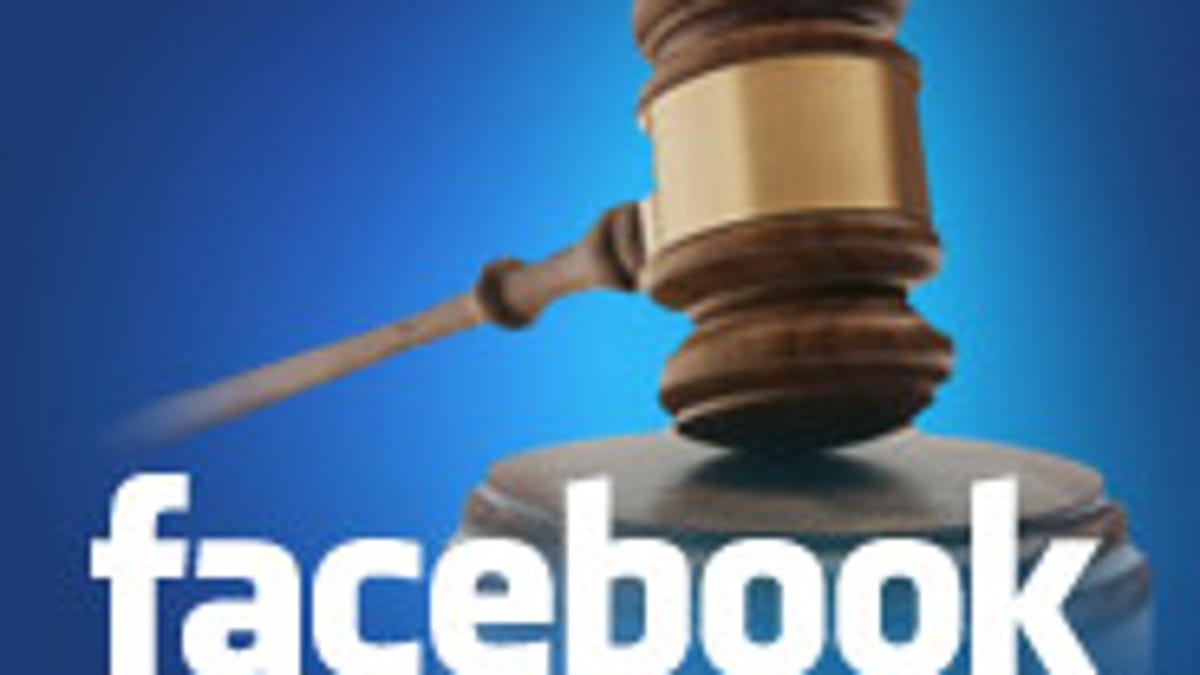Appeals court OKs Facebook Beacon $9.5M settlement
The legal fight over Facebook Beacon's privacy issues may finally come to an end as the 9th U.S. Circuit Court of Appeals approves the settlement.

The 9th U.S. Circuit Court of Appeals has approved the $9.5 million settlement over Facebook's controversial Beacon advertising service, which could put an end to the four-year legal proceedings.
Most of the money will go toward establishing the Digital Trust Foundation, a nonprofit that will fund projects related to Internet privacy, with $2.3 million covering attorneys' fees. Objectors had originally said that the settlement terms did not go far enough to benefit Facebook users' privacy, but a majority of the 28 judges on the Court of Appeals decided Tuesday that the settlement is sufficient, Reuters reported.
It's unclear if those against the settlement will take the case to the Supreme Court.
The original class action lawsuit, filed in 2008, targeted the social network's alleged failure to provide adequate information and privacy controls for Beacon. The program shared information about users' activity on other Web sites in Facebook news feeds. The U.S. Court of Appeals in San Francisco ruled in favor of the $9.5 million settlement last year.
Six judges dissented on Tuesday's ruling. The settlement would establish the Digital Trust Foundation and lets Facebook choose one of the organization's three directors. 9th Circuit Judge Milan Smith wrote in the dissent that DTF won't address the issues brought up by the original lawsuit:
The DTF can teach Facebook users how to create strong passwords, tinker with their privacy settings, and generally be more cautious online, but it can't teach users how to protect themselves from Facebook's deliberate misconduct. Unless of course the DTF teaches Facebook users not to use Facebook. That seems unlikely.
Facebook spokesman Andrew Noyes and the plaintiffs' attorney, Scott Kamber, both told CNET that they are pleased with the court's decision.

